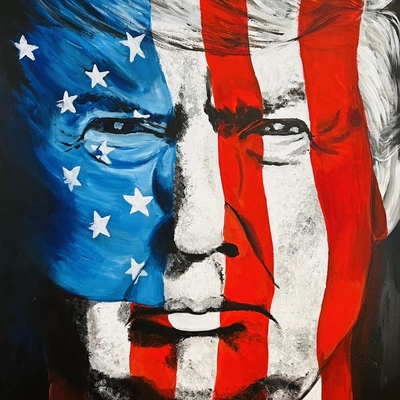Stay informed on the latest Truth Social posts from Donald Trump (@realDonaldTrump) without the doomscrolling. Consider it a public service for your mental health. (Why?)
- The exact hiding location of the 'Supreme Leader' is known.
- The 'Supreme Leader' is an easy target but will not be 'taken out' (killed) for now.
- Missiles being shot at civilians or American soldiers is unacceptable.
- Patience regarding these actions is 'wearing thin'.
The explicit threat of military action against a 'Supreme Leader' and a nation capable of missile attacks creates significant geopolitical uncertainty. This rhetoric is likely to trigger a 'risk-off' sentiment, leading to potential selling pressure on the S&P 500 as investors seek safer assets.
The post contains direct threats and ultimatums to an unnamed 'Supreme Leader' and implies potential military action ('take him out') if missile attacks on U.S. personnel or civilians continue, indicating a significant and imminent risk of conflict escalation.
- Commodities: Oil (WTI) prices would likely surge due to heightened geopolitical risk, particularly if the 'Supreme Leader' is perceived to be from a major oil-producing or transit region, raising fears of supply disruptions. Gold (XAU) prices would also likely increase significantly as investors flock to its safe-haven status.
- Currencies (Forex): The U.S. Dollar Index (DXY) would likely strengthen. The dollar would be treated as a safe-haven asset as global investors seek the perceived security and liquidity of U.S. assets during times of increased geopolitical instability.
- Global Equities: Sentiment for European (e.g., STOXX 600) and Asian (e.g., Nikkei) markets would be overwhelmingly negative. Increased geopolitical tensions and the threat of military conflict would lead to a broad 'risk-off' move, resulting in sell-offs across global equity markets.
- Bonds (Fixed Income): A 'flight to safety' into U.S. Treasuries is highly likely. Increased demand for U.S. government bonds would drive their prices up, causing their yields to fall as investors seek the perceived safety of sovereign debt.

